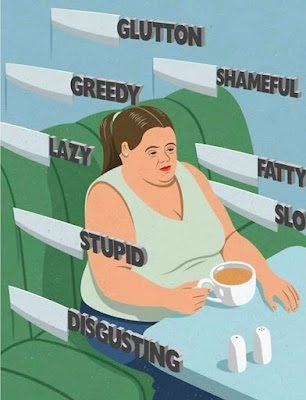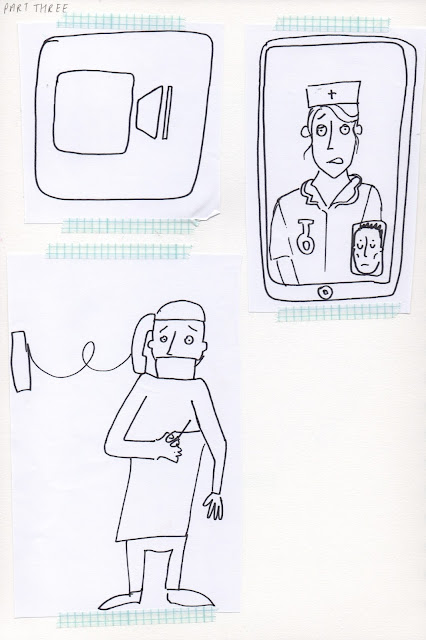- Sigmund Freud
- Jacques Lacan
Freud
Treated "hysteria" patients (post-traumatic stress disorder)and developed theories about the psyche.
The psyche is 'what it is like to be me'. He also studied the conscious and unconscious self.
Example patient
Little Hans: Suffered from Generalised Anxiety Disorder; he had a fear of horses because he was bitten by one as a child.
Theory: The Oedipus Complex
The Oedipus Complex consists of sexual feelings towards one's mother as that is the first women present in an infant male's life. The father is seen as the enemy rival.
In Little Hans' case, the fear of castration overcame his anxiety and his father was pictured as interchangeable with a horse.
The end of his phobia came with Hans' fantasy:
- Imaginary children
- Plumber giving him larger genitals
Conclusion: Desire is a conscious vehicle for unconscious drive.
Lacan
The unconsciousness is structured like a language.
"Desire is neither the appetite for satisfaction, nor the demand for love but the difference that results from the subtraction of the first from the second" (2001 p2871)
- Desire is used to differentiate between biological/emotional needs
- The while represents part and the part represents the whole
- Object Big A= desirable
- Small A= object cause of desire- makes desire possible in the beginning
- Desire as the Other: big Other- symbolic mechanisms that tie people together
- Desire does from the outside
- We need to exist as Others to be desirable
- IDENTIFICATION MAKES DESIRE POSSIBLE
- "the mirror stage" narcissistic love towards the self
My thoughts on Desire
I thought that this lecture was really interesting, and could possibly relate to my topic of obesity in terms of desiring addictive ingredients such as sugar. I would study more of Lacan's theories as opposed to Freud, as they are more focused on relationships with other humans rather than needs towards things in general.


















